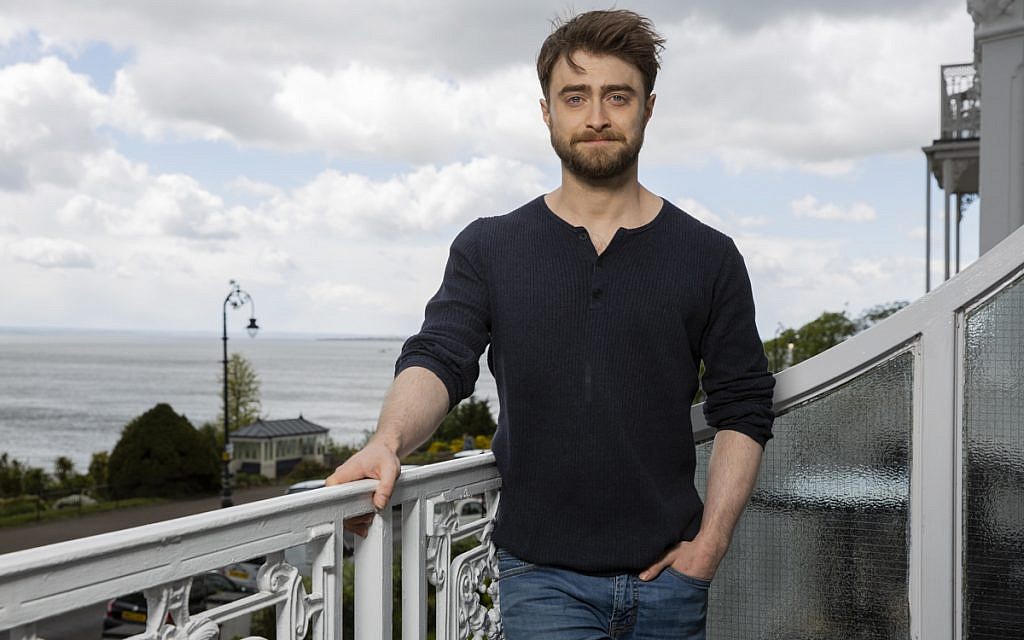Daniel Radcliffe: Did antisemitism play a role in great-grandfather’s suicide?
Harry Potter star delves into family background for BBC One's Who Do You Think You Are?
“Jews are so frequently responsible for the bringing down of their own premises,” a sombre Daniel Radcli ffe reads from an aged police report, as he seeks to discover the real reasons why his great-grandfather took his own life following a robbery at his diamond business in 1936.
It’s a poignant moment in the Jewish actor’s journey of discovery, which features in the new series of Who Do You Think You Are?, starting next week.
In Monday’s episode, the Harry Potter star learns that his great-grandfather, Samuel Gershon, was an apparent victim of a night-time heist on his Hatton Garden business, amounting to a loss of £250,000 in today’s money – but without evidence of a break-in, police accused him of faking the crime for an insurance payout.
Get The Jewish News Daily Edition by email and never miss our top stories Free Sign Up
Gershon, who ran the business with his brother, Edward, had twice successfully claimed insurance for two previous break-ins in 1922 and 1932, while the company was in debt for the same amount that had been stolen, heightening police suspicion.
Whether an inside job or not, Daniel – who bears more than a striking resemblance to his great-great-grandfather, Louis – is visibly stirred by the suggestion that police were reluctant to carry out a full investigation because of antisemitic attitudes.
The 29-year-old actor, who is descended from Jewish-Russian and German immigrants through his mother, Marcia, is given an informant’s testimony within the case file.
It reads: “Dear Sir, one hopes the criminal investigation unit is taking into account the hypothesis that Gershon committed the robbery himself.
“In general terms – that he is a Jew – and that Jews are so frequently responsible for the bringing down of their own business premises and theft, so-called, committed in their o ffices.”
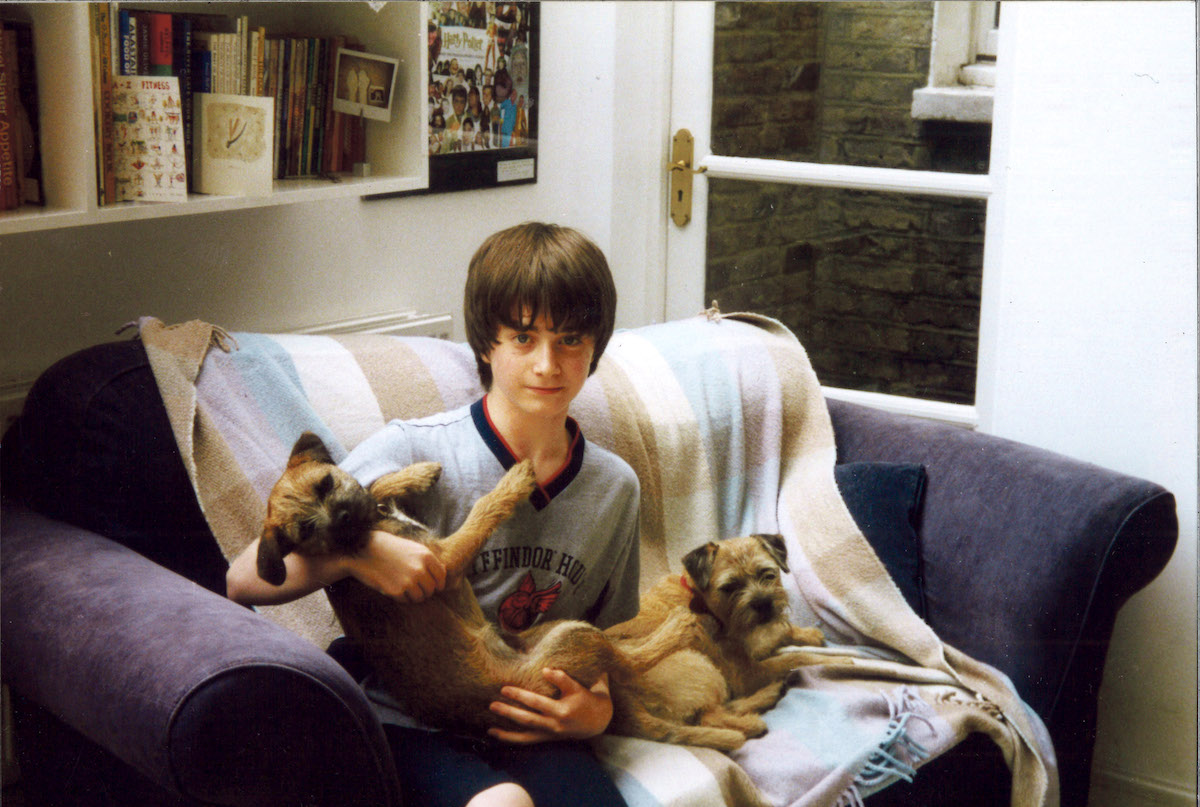
Placed into the context of 1936 – the same year as the Battle of Cable Street and the rise of the British Union of Fascists, led by Oswald Mosley – Daniel understands how such attitudes were not uncommon both here and across Europe in the years before the Second World War.
“It’s very jarring to see being a Jew to be taken as a piece of evidence in itself,” says Daniel.
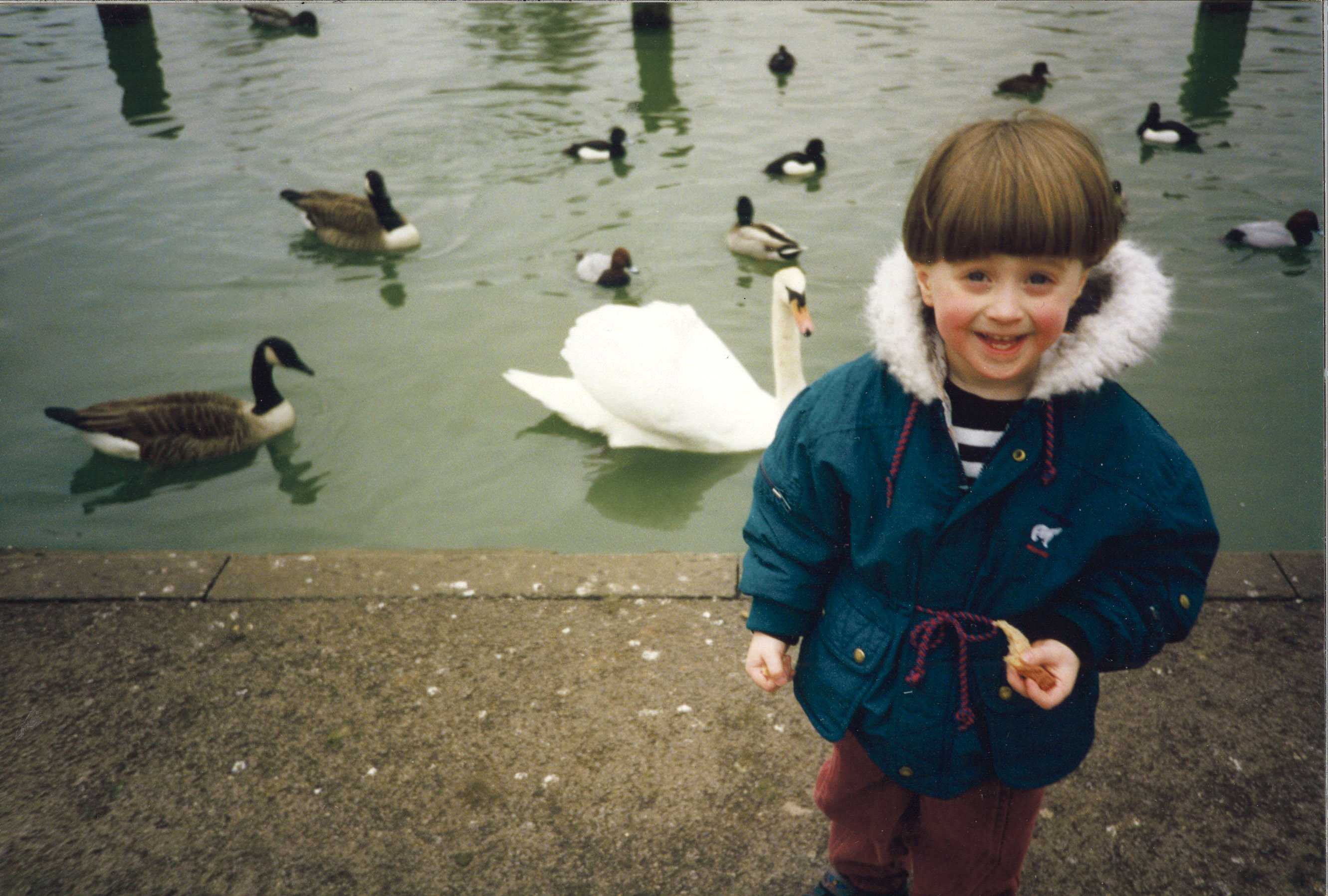
The robbery attracted intense media scrutiny, with one newspaper report featuring an image of Gershon fainting and an accompanying article suggesting that he was “too ill to see the police”.
A fortnight later, still suffering from shock and anxious over whether the insurance company would pay out, Gershon tragically took his own life, aged 42.
Reading the note he left behind for his wife, Raie, Daniel weeps as he realises just how much love Gershon had for her.
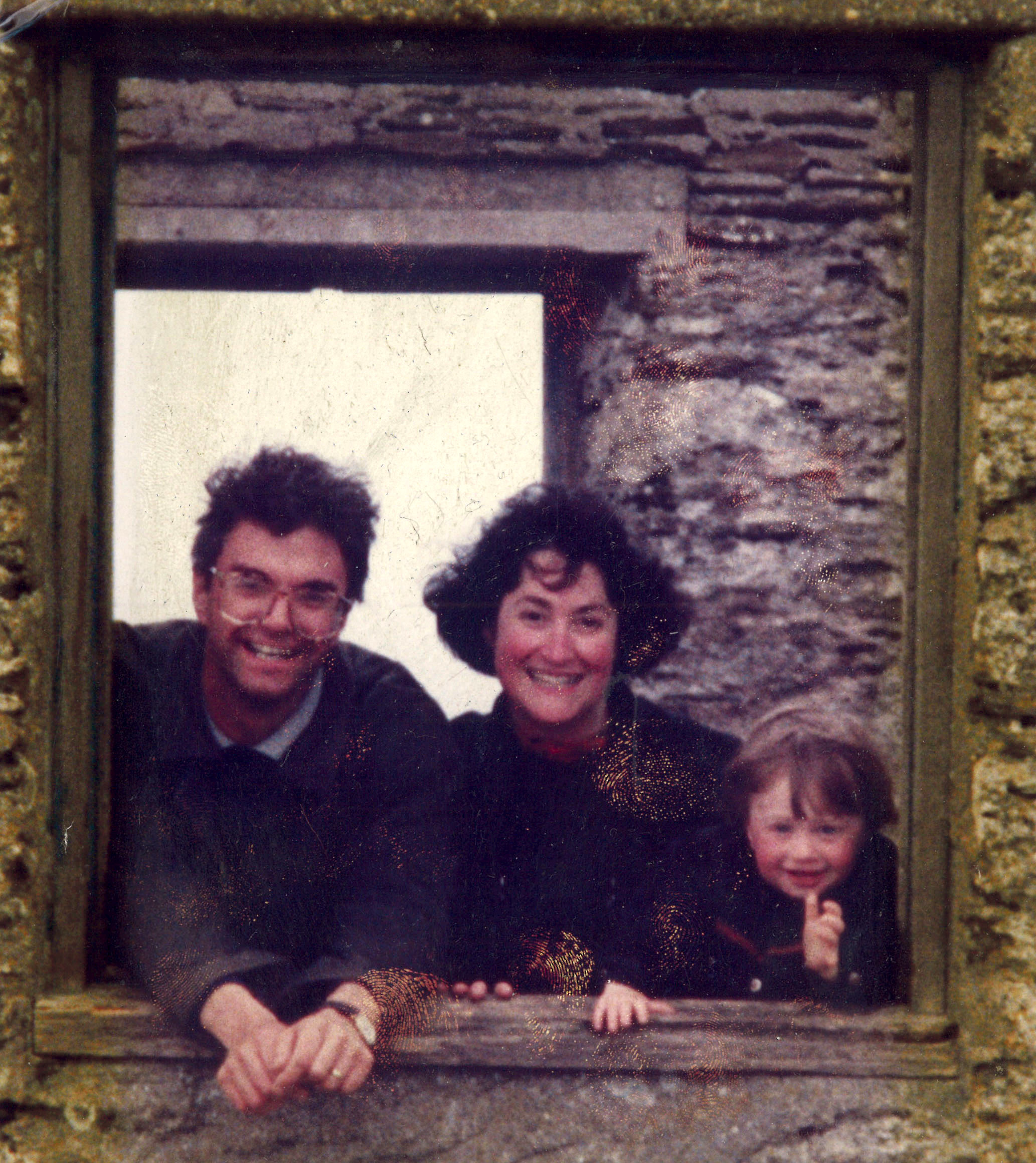
“Doll, Darling,” it begins. “I cannot face bankruptcy after 22 years of trading, so I’m taking the coward’s way out, but I can assure you my angel, to leave a girl like you is more than a wrench.
“The loveliest, truest, and noblest wife and companion and comforter you have been to me in my trouble.”
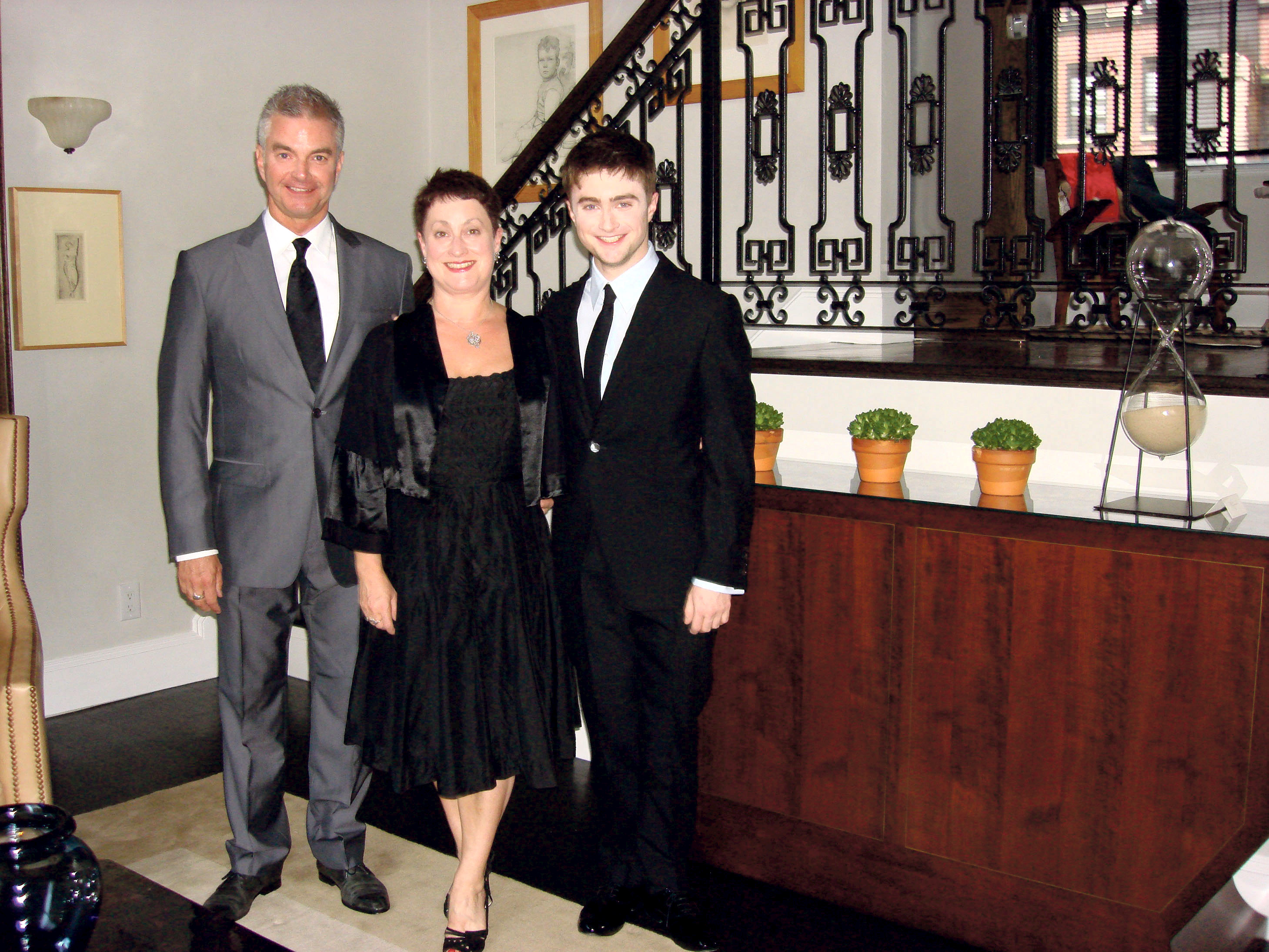
Daniel reflects: “You want to reach into the past and just go, ‘whatever you’re going through, you have so much to o ffer the people who are around you still… you have so much to give to them. And they still would all have loved you.”
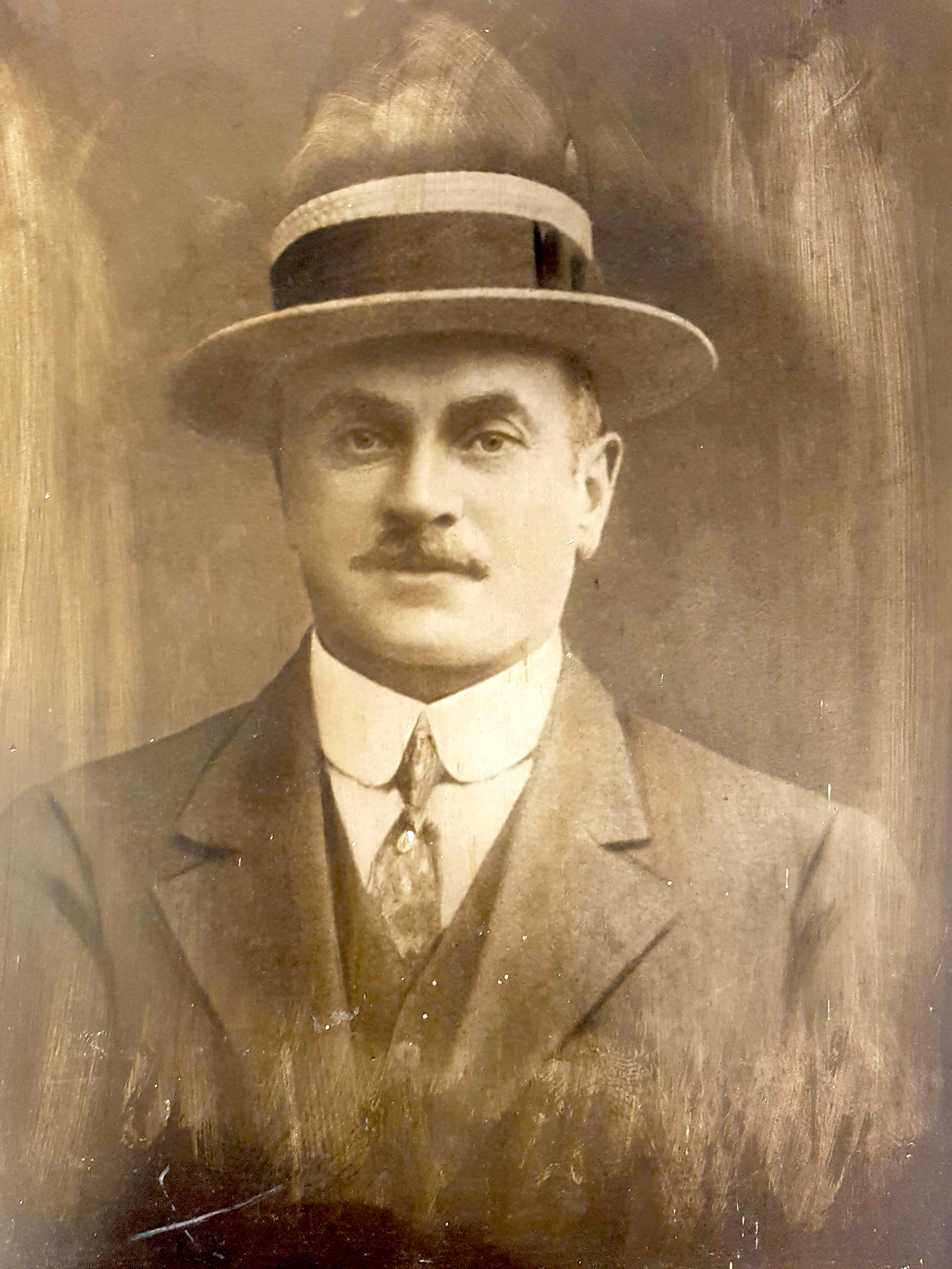
News of Gershon’s suicide also made the headlines, prompting Raie to change the family name from Gershon to Gresham just three weeks after his death, as a way of helping to protect their daughters.
Daniel adds: “A lot of very sad things have happened to my family, but I can’t be sad about it, because everyone was loved. Ultimately that means that, even if their time on earth ended prematurely and sadly, it was worth having.”
Who Do You Think You Are? airs on Monday, 22 July on BBC One, 9pm

Thank you for helping to make Jewish News the leading source of news and opinion for the UK Jewish community. Today we're asking for your invaluable help to continue putting our community first in everything we do.
For as little as £5 a month you can help sustain the vital work we do in celebrating and standing up for Jewish life in Britain.
Jewish News holds our community together and keeps us connected. Like a synagogue, it’s where people turn to feel part of something bigger. It also proudly shows the rest of Britain the vibrancy and rich culture of modern Jewish life.
You can make a quick and easy one-off or monthly contribution of £5, £10, £20 or any other sum you’re comfortable with.
100% of your donation will help us continue celebrating our community, in all its dynamic diversity...
Engaging
Being a community platform means so much more than producing a newspaper and website. One of our proudest roles is media partnering with our invaluable charities to amplify the outstanding work they do to help us all.
Celebrating
There’s no shortage of oys in the world but Jewish News takes every opportunity to celebrate the joys too, through projects like Night of Heroes, 40 Under 40 and other compelling countdowns that make the community kvell with pride.
Pioneering
In the first collaboration between media outlets from different faiths, Jewish News worked with British Muslim TV and Church Times to produce a list of young activists leading the way on interfaith understanding.
Campaigning
Royal Mail issued a stamp honouring Holocaust hero Sir Nicholas Winton after a Jewish News campaign attracted more than 100,000 backers. Jewish Newsalso produces special editions of the paper highlighting pressing issues including mental health and Holocaust remembrance.
Easy access
In an age when news is readily accessible, Jewish News provides high-quality content free online and offline, removing any financial barriers to connecting people.
Voice of our community to wider society
The Jewish News team regularly appears on TV, radio and on the pages of the national press to comment on stories about the Jewish community. Easy access to the paper on the streets of London also means Jewish News provides an invaluable window into the community for the country at large.
We hope you agree all this is worth preserving.
-
By Laurent Vaughan - Senior Associate (Bishop & Sewell Solicitors)
-
By Laurent Vaughan - Senior Associate (Bishop & Sewell Solicitors)
-
By Laurent Vaughan - Senior Associate (Bishop & Sewell Solicitors)
-
By Laurent Vaughan - Senior Associate (Bishop & Sewell Solicitors)


